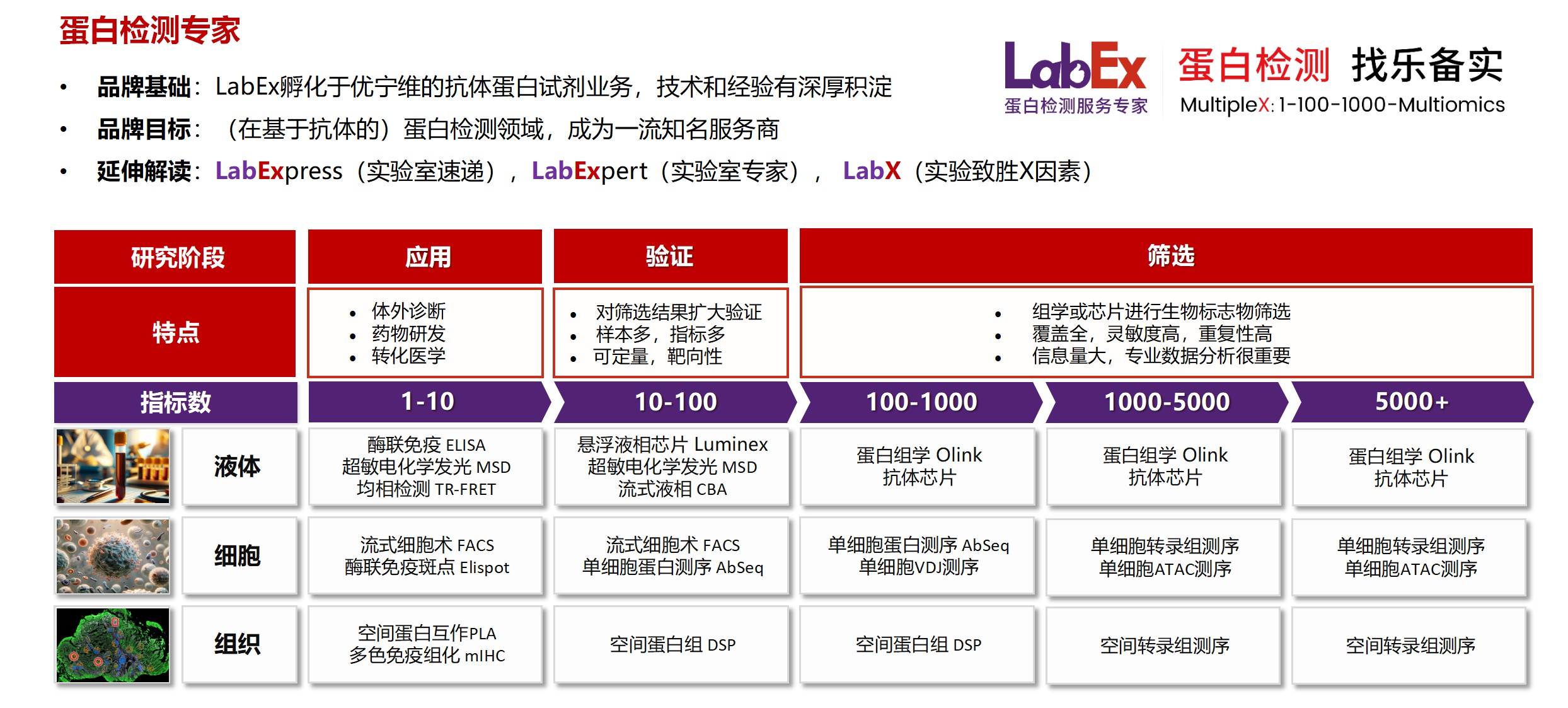4Mu Decreases CD47 Expression on Hepatic Cancer Stem Cells and Primes a Potent Antitumor T Cell Response Induced by Interleukin-12
The tumor microenvironment (TME) represents a complex interplay between different cellular components, including tumor cells and cancer stem cells (CSCs), with the associated stroma; such interaction promotes tumor immune escape and sustains tumor growth. Several experimental approaches for cancer therapy are focused on TME remodeling, resulting in increased antitumor effects. We previously demonstrated that the hyaluronan synthesis inhibitor 4-methylumbelliferone (4Mu) decreases liver fibrosis and induces antitumor activity in hepatocellular carcinoma (HCC). In this work, 4Mu, in combination with an adenovirus encoding interleukin-12 genes (AdIL-12), elicited a potent antitumor effect and significantly prolonged animal survival (p < 0.05) in an orthotopic HCC model established in fibrotic livers. In assessing the presence of CSCs, we found reduced mRNA levels of CD133+, CD90+, EpCAM+, CD44+, and CD13+ CSC markers within HCC tumors (p < 0.01). Additionally, 4Mu downregulated the expression of the CSC marker CD47+ on HCC cells, promoted phagocytosis by antigen-presenting cells, and, combined with Ad-IL12, elicited a potent cytotoxic-specific T cell response. Finally, animal survival was increased when CD133low HCC cells, generated upon 4Mu treatment, were injected in a metastatic HCC model. In conclusion, the combined strategy ameliorates HCC aggressiveness by targeting CSCs and as a result of the induction of anticancer immunity.Keywords: 4 methylumbiliferone; antitumoral immune response; cancer stem cells; hepatocellular carcinoma; interleukin 12-based gene therapy.
乐备实是国内专注于提供高质量蛋白检测以及组学分析服务的实验服务专家,自2018年成立以来,乐备实不断寻求突破,公司的服务技术平台已扩展到单细胞测序、空间多组学、流式检测、超敏电化学发光、Luminex多因子检测、抗体芯片、PCR Array、ELISA、Elispot、PLA蛋白互作、多色免疫组化、DSP空间多组学等30多个,建立起了一套涵盖基因、蛋白、细胞以及组织水平实验的完整检测体系。
我们可提供从样本运输、储存管理、样本制备、样本检测到检测数据分析的全流程服务。凭借严格的实验室管理流程、标准化实验室操作、原始数据储存体系以及实验项目管理系统,已经为超过3000家客户单位提供服务,年检测样本超过100万,受到了广大客户的信任与支持。

声明:本篇文章在创作中部分采用了人工智能辅助。如有任何内容涉及版权或知识产权问题,敬请告知,我们承诺将在第一时间核实并撤下。
详见LabEx网站(
www.u-labex.com)或来电咨询!
基因水平:PCR Array、RT-PCR、PCR、单细胞测序
蛋白水平:MSD、Luminex、CBA、Elispot、Antibody Array、ELISA、Sengenics
细胞水平:细胞染色、细胞分选、细胞培养、细胞功能
组织水平:空间多组学、多重荧光免疫组化、免疫组化、免疫荧光
数据分析:流式数据分析、组化数据分析、多因子数据分析
基因水平:PCR Array、RT-PCR、PCR、单细胞测序
蛋白水平:MSD、Luminex、CBA、Elispot、Antibody Array、ELISA、Sengenics
细胞水平:细胞染色、细胞分选、细胞培养、细胞功能
组织水平:空间多组学、多重荧光免疫组化、免疫组化、免疫荧光
数据分析:流式数据分析、组化数据分析、多因子数据分析
联系电话:4001619919
联系邮箱:labex-mkt@u-labex.com
公众平台:蛋白检测服务专家
联系邮箱:labex-mkt@u-labex.com
公众平台:蛋白检测服务专家

上一篇
Comparison of the efficacy of second and third generation lentiviral vector transduced CAR CD19 T cells for use in the treatment of acute lymphoblastic leukemia both in vitro and in vivo models
下一篇
Diagnostic Value of CD25, CD69, and CD134 on Tuberculosis-Specific Antigen-Stimulated CD4+ T Cells for Tuberculous Pleurisy
本网站销售的所有产品及服务均不得用于人类或动物之临床诊断或治疗,仅可用于工业或者科研等非医疗目的。










 沪公网安备31011502400759号
沪公网安备31011502400759号
 营业执照(三证合一)
营业执照(三证合一)


